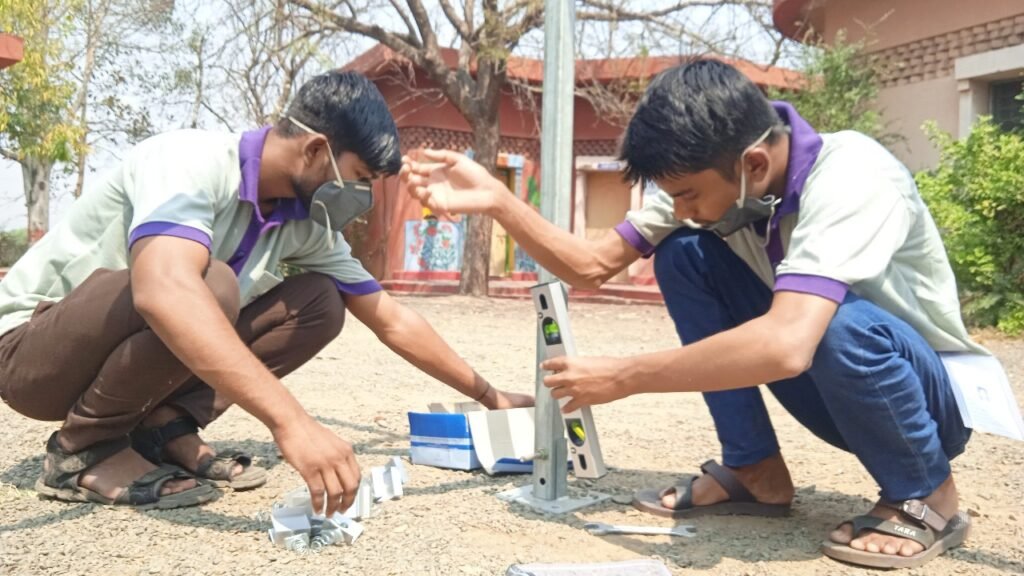Training And Capacity Building
- Home
- Training And Capacity Building

Organized By:
Indian Institute Of Youth Welfare
Event Location:
Lonara, Maharashtra 441111
At the Indian Institute of Youth Welfare (IIYW), training and capacity building are foundational strategies used to empower individuals, strengthen institutions, and enable communities to drive their own development. With training centers located across Vidarbha—including in Nagpur, Chandrapur, Yavatmal, and Gadchiroli—IIYW delivers sector-specific and cross-cutting training programs aimed at building leadership, awareness, and technical skills.
Whether it’s a school student, anganwadi worker, SHG leader, or rural farmer, our workshops and training initiatives are tailored to meet the needs of different audiences and create lasting impact.
Focus Areas
Water, Sanitation, and Hygiene (WASH)
Training on safe water practices, handwashing, and household sanitation
Awareness programs in schools, slums, and rural communities
Implementation of hygiene behavior change campaigns
Education and Child Development
Refresher courses and job training for Anganwadi workers (AWTC & MLTC)
Life skills education for adolescents
Early childhood education support through Balwadi programs
Women and Youth Development
Leadership, entrepreneurship, and soft skills workshops
Training in gender equality, financial literacy, and community mobilization
Orientation sessions on sustainable agriculture and organic farming
Capacity Building for SHGs and Cooperatives
SHG record-keeping, meeting facilitation, and enterprise development
Legal literacy and health awareness campaigns
Cooperative society management and financial access training
Training Infrastructure
Lonara (Nagpur): 150–200 capacity, 17 furnished rooms, dormitories, library, DEWATS
Ralegaon (Yavatmal): 100 capacity
Gadchiroli & Chandrapur: 50 each with residential facilities
Training halls, mess facilities, and fully equipped classrooms in each center
Impact
6,000+ individuals trained across different themes and programs
Anganwadi workers and supervisors trained under ICDS schemes
SHG women trained in income generation, health, nutrition, and sanitation
